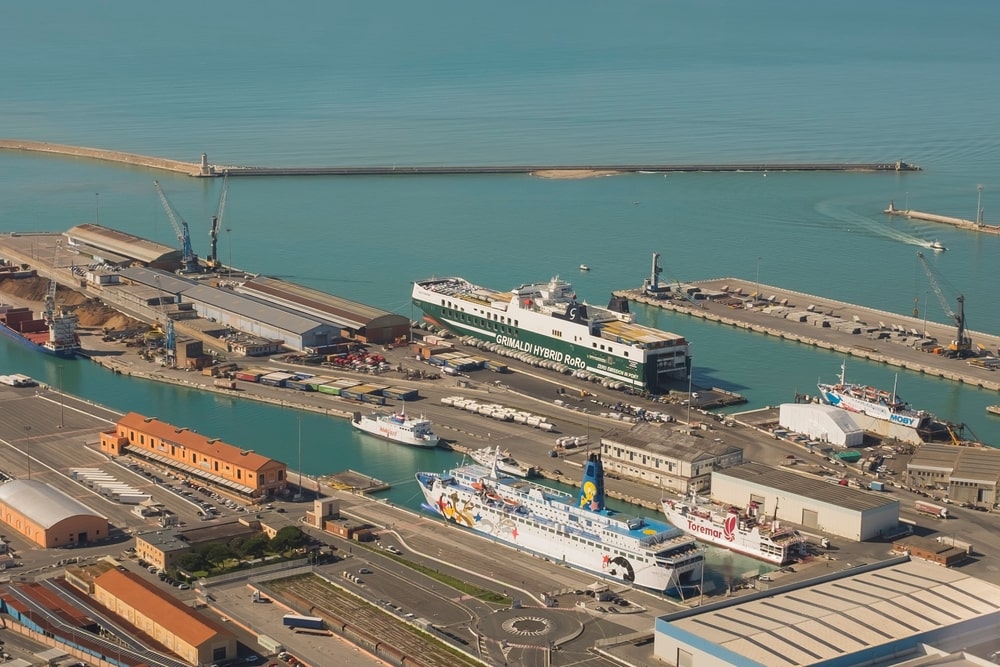
Geopolitical risk ratcheted up another notch this week as the Israel Palestine conflict provoked fresh Pro-Palestinian protests and port blockades across Italy. The protests are a consequence of the Italian government’s caution in recognising Palestine.
Dock workers in Genoa and Livorno, in the centre-north, blocked the ports, according to Italian news agencies.
According to the Al Jazeera news outlet: “Cities across Italy have held pro-Palestinian protests, strikes, and blockades in response to calls from trade unions to “denounce the genocide in Gaza” and demand diplomatic and economic sanctions against Israel.
Other transports hubs have also been affected. In Rome, for example, “hundreds of secondary school pupils gathered outside Termini railway station, waving Palestinian flags and chanting, “Free Palestine!” Al Jazeera reported.
The protects and consequent blockage of sea routes as well as land-based transport hubs demonstrate how a global geopolitical stand off can ripple across multiple territories and business sectors outside the original conflict zone.
That business interruption risk exposure is then compounded across ocean sea routes if you consider, for example, that under 50% of exports are shipped from the port of Genoa to the US, according to Russell Trade Threat Intelligence.
Genoa accounted for $398 million in daily trade as of the 22nd of September 2025. Pharmaceuticals were the largest exports from the port while plastic materials were the largest import into the port.
The port of Livorno was responsible for daily trade of $59 million on the 22nd of September 2025. Goods transport vehicles were the largest export from the port. Cars and people carriers were the largest import into the port, while 60% of exports from Livorno are to Slovenia.
As Russell has noted in recent blogs and communications to its (re)insurance clients and corporate risk partners, understanding the outcomes of geopolitical risk is a top priority for boardrooms now in a world of shifting and fragmenting supply chains. Underwriters and risk managers alike are engaging with Russell, consequently, to seek a better understanding of these supply chain exposures.

Related Articles
Marine
Marine
Marine